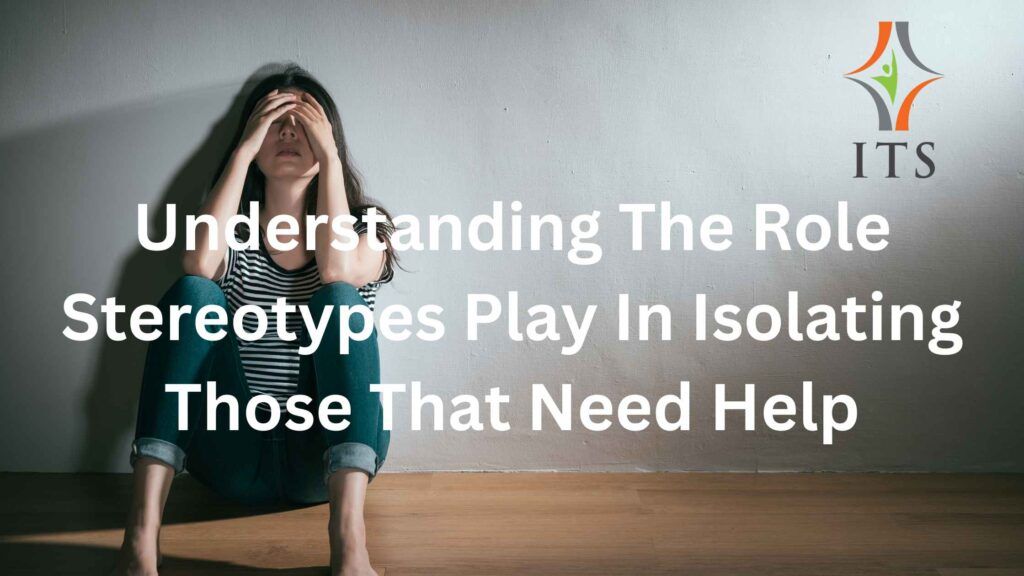
Drug addiction stigma is a pervasive and harmful phenomenon that can hinder individuals’ recovery journeys. This blog post aims to shed light on the realities of drug addiction stigma, challenging stereotypes and promoting understanding. As an organization dedicated to addiction treatment, we believe that knowledge is the first step towards reducing stigma and fostering a more compassionate society.
Unpacking Drug Addiction Stigma
Drug addiction stigma refers to the negative attitudes, beliefs, and behaviors directed towards individuals who use or have used drugs. Often rooted in misunderstanding and stereotypes, this stigma can manifest in discrimination, social isolation, and self-stigmatization.
The Forms of Drug Addiction Stigma
Understanding drug addiction stigma involves recognizing its various forms:
- Public Stigma: Societal perceptions and stereotypes about drug addiction.
- Self-Stigma: Internalizing societal stigma, leading to feelings of shame and worthlessness.
- Structural Stigma: Institutional policies or practices that indirectly discriminate against individuals with a history of drug use.
The Impact of Stigma on Recovery
Stigma can significantly impact individuals’ recovery journeys in several ways:
- Barrier to Seeking Help: Fear of judgment or discrimination can discourage individuals from seeking treatment1.
- Affects Mental Health: Stigma can exacerbate feelings of guilt, shame, and isolation, which can compound mental health issues.
- Hinders Social Support: Stigma can lead to social isolation, depriving individuals of crucial support networks during recovery.
Challenging Stereotypes and Reducing Stigma
Here are some strategies to challenge stereotypes and reduce drug addiction stigma:
- Educate Yourself and Others: Learn about drug addiction as a medical condition, not a moral failing. Share this knowledge with others to dispel misconceptions.
- Promote Empathy: Encourage understanding and compassion for individuals battling drug addiction.
- Advocate for Fair Policies: Support policies that treat drug addiction as a health issue and promote access to treatment services.
Conclusion
Understanding the realities of drug addiction stigma is crucial in our collective effort to foster a society that supports recovery rather than hinders it. By challenging stereotypes, promoting understanding, and advocating for fair policies, we can each play a part in reducing stigma and empowering individuals on their recovery journeys. Remember, addiction is not a choice—it’s a health issue that deserves compassion, understanding, and effective treatment.
Footnotes
National Institute on Drug Abuse: Stigma and Substance Use Disorders ↩
